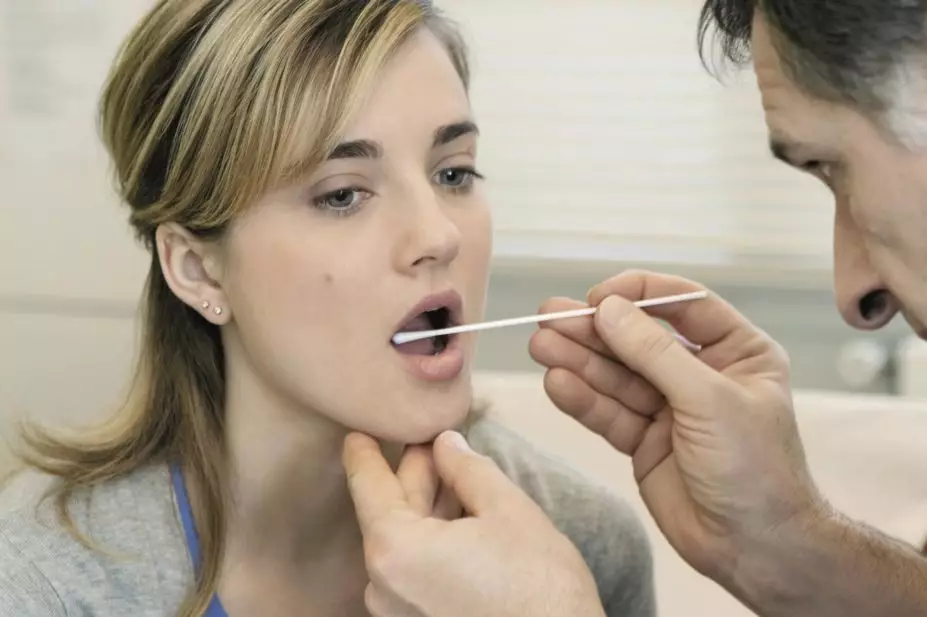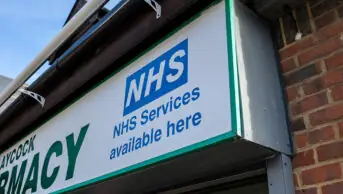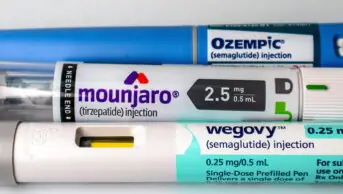
Shutterstock.com
A personal DNA screening test kit that claims to identify genetic risk for diseases such as cystic fibrosis and Parkinson’s disease — and which was banned in the United States — is now available in the UK.
The £125 product, 23andMe, offers more than 100 predictions, including how an individual is likely to respond to medicines, based on laboratory analysis of a saliva sample.
The Personal Genome Service (PGS) product became available to order in the UK on 2 December 2014. The move comes a year after the US Food and Drug Administration (FDA) told the company to stop marketing the product in the United States after it failed to supply all the data required to support use of the test kit.
The FDA warns that direct-to-consumer genetic test kits may provide inaccurate or misleading disease risk assessments. “These tests have not provided scientific evidence to the FDA on accuracy or reliability,” a spokesperson says.
The UK medicines regulator, the Medicines and Healthcare products Regulatory Agency (MHRA) said in a statement that people who use these kinds of products should ensure that they carry the necessary CE mark, which means they conform to European Union standards and regulations.
It has also asked the manufacturer to “implement an enhanced vigilance system in order to further monitor the safety and performance of the product while on the UK market”.
The MHRA explained that it only has the authority to regulate the PGS kit, which is classified under EU regulations as a “low-risk device”, rather than the testing service. And because the product has a CE mark, the company is able to market it freely across the EU, a spokesperson explained.
“Products placed on the market in the UK and products used in a commercial testing service are subject to medical devices legislation. The testing service itself is not subject to the regulations – only the products,” the MHRA statement said.
“Manufacturers of in-vitro diagnostic medical devices are required to register with the competent authority, in this case the Netherlands and Belgium, that their devices are safe and meet all of the relevant requirements of the regulations, including having evidence to support their performance claims.”
The MHRA said that testing services are regulated in the country where the test is being performed, which in the case of 23andMe is the United States.
“The US-based testing laboratory is therefore covered by US legislation,” the MHRA added.


